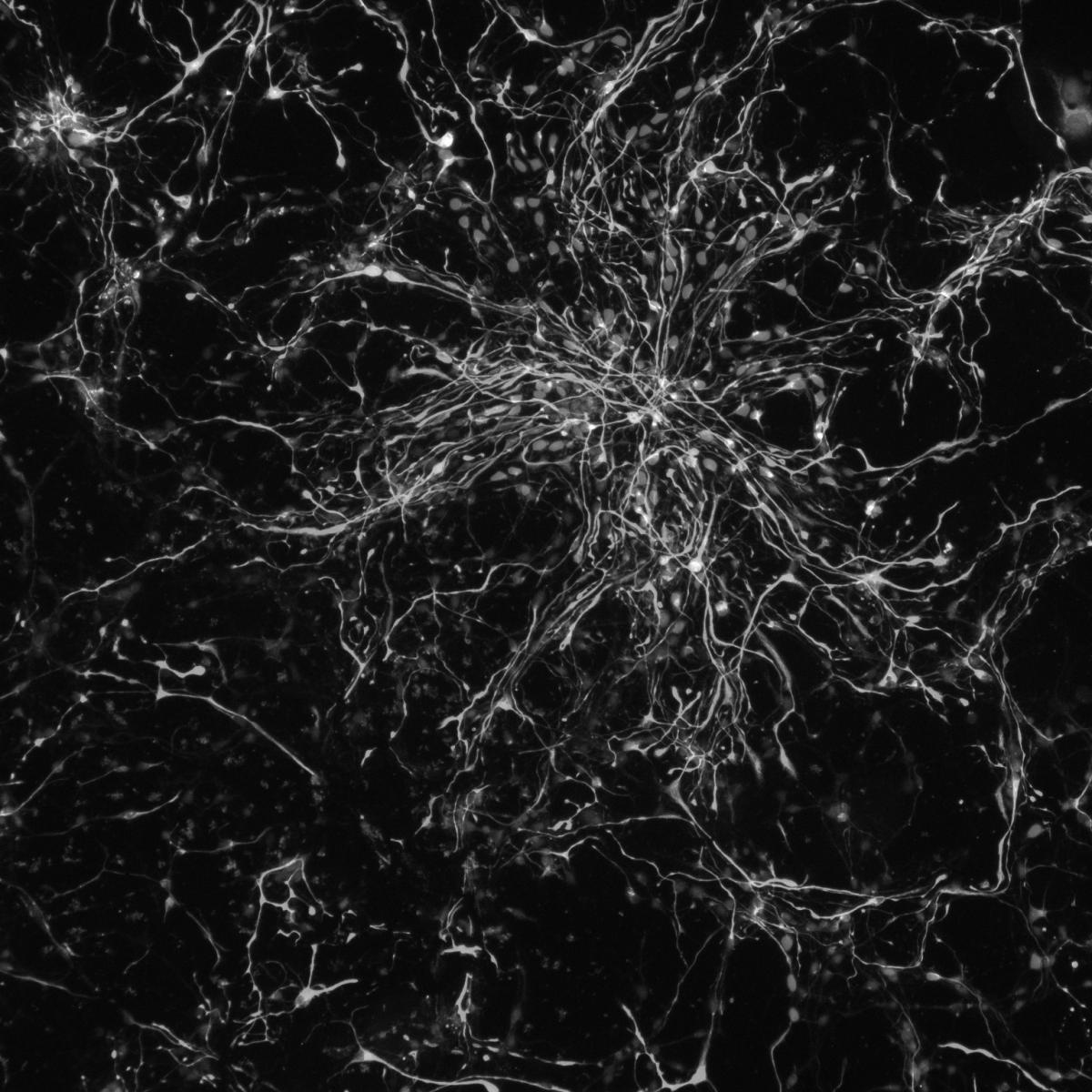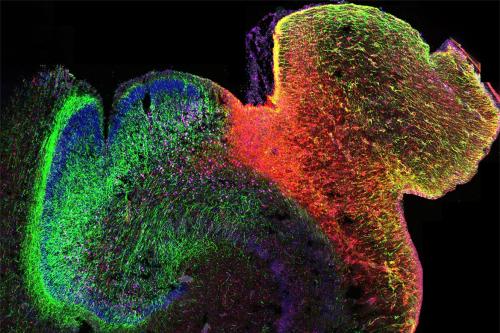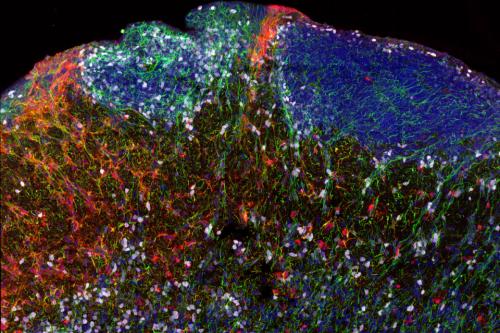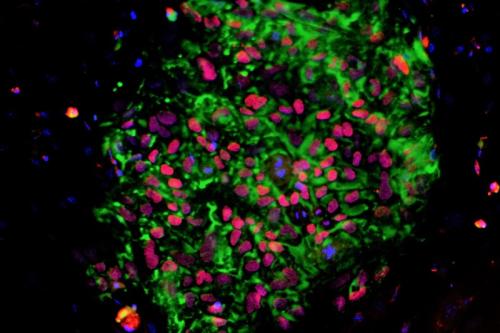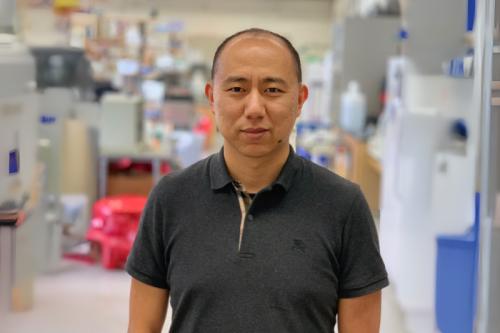
Chongyuan Luo, Ph.D.
- Assistant Professor, Human Genetics

Chongyuan Luo, Ph.D., develops and applies technologies to study the genetic and epigenetic basis of human diseases, including neurodevelopmental disorders such as schizophrenia and autism. His work provides crucial insights into how genetic and environmental factors shape disease risk, paving the way for new therapeutic strategies.
Luo is developing and applying new single-cell and spatial epigenomic technologies to study the gene regulatory diversity in the brain. These efforts will help to address long-standing questions in human diseases, including the causal cell types of diseases and the functions of non-coding genetic variants.
Genomic profiling of epigenomic signatures enables the study of gene regulatory events at a global scale. Luo previously developed single-cell epigenomic and multi-omic technologies and uses these methods to study the gene regulatory diversity in the brain. He also pioneered a high-throughput, single-cell methylome profiling method known as snmC-seq, as well as its advanced iteration, snmC-seq2, enabling the classification of cell types and identification of cell-type-specific regulatory elements in human and mouse brains. Recently, Luo developed two single-cell multi-omic methods that integrate transcriptomics, DNA methylome, chromatin accessibility and chromatin conformation, providing a near-comprehensive epigenomic characterization of individual brain cells.
Luo’s research aims to answer fundamental questions about the genetic and epigenetic contributions to neurodevelopmental disorders. Psychiatric neurodevelopmental disorders such as schizophrenia and autism spectrum disorders are highly heritable and influenced by multiple cell types in developing and adult brains. Regulatory mechanisms play an important role in both diseases and schizophrenia risk variants are enriched in bulk brain tissue enhancers and immune cell types. By combining single-cell multi-epigenomics with population genetics approaches, Luo seeks to unravel the contributions of aberrant gene regulation to these complex disorders.
Research Projects
- Developing new epigenomic technologies to enhance our understanding of gene regulation in the brain
- Identifying the genetic and epigenetic basis of neurodevelopmental disorders, such as schizophrenia and autism
-
Post-doctoral Fellowship
- Epigenomics, Salk Institute for Biological Studies, 2019
Degree
- Ph.D., Plant Biology, Rutgers, The State University of New Jersey, 2012
